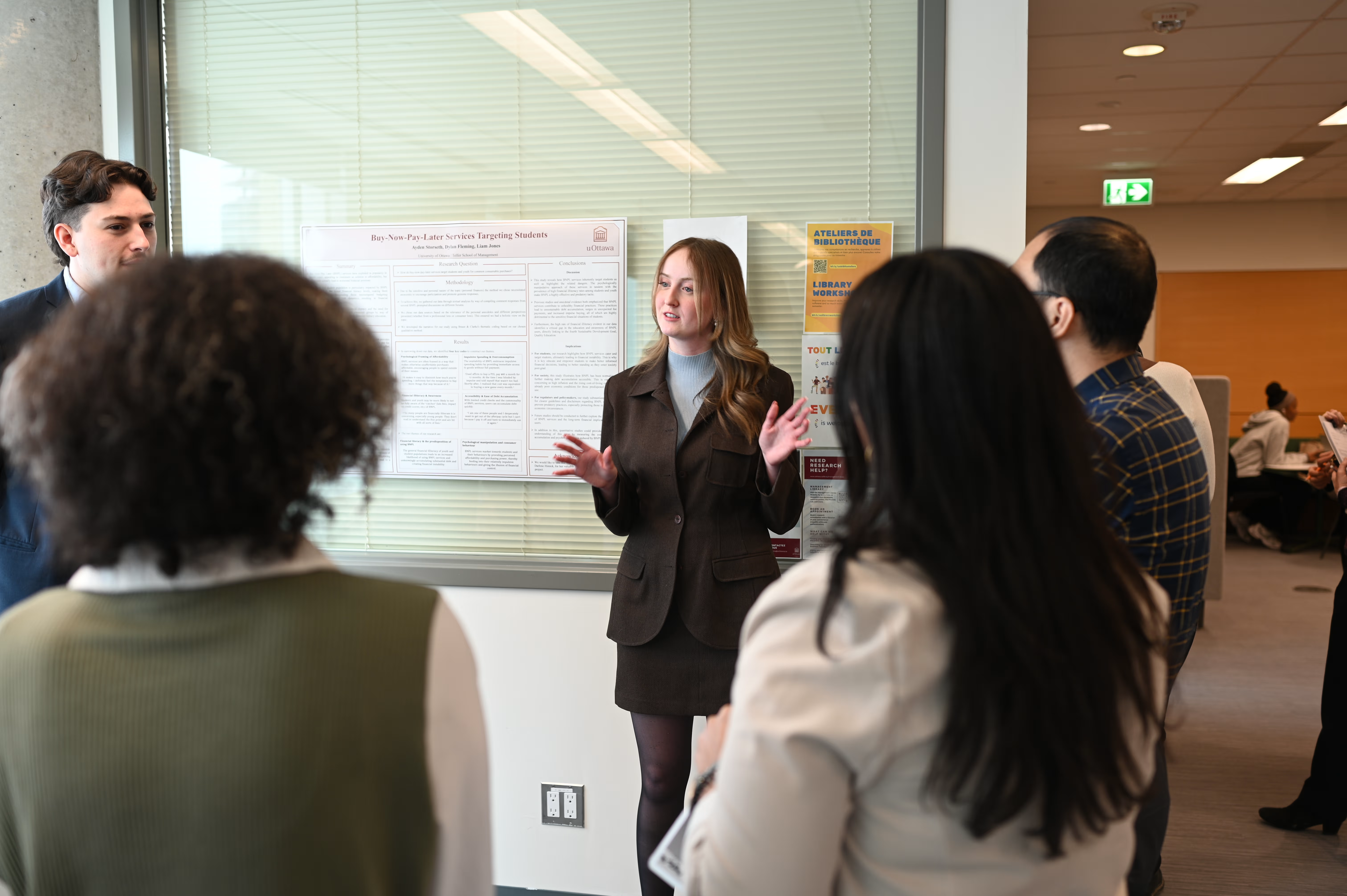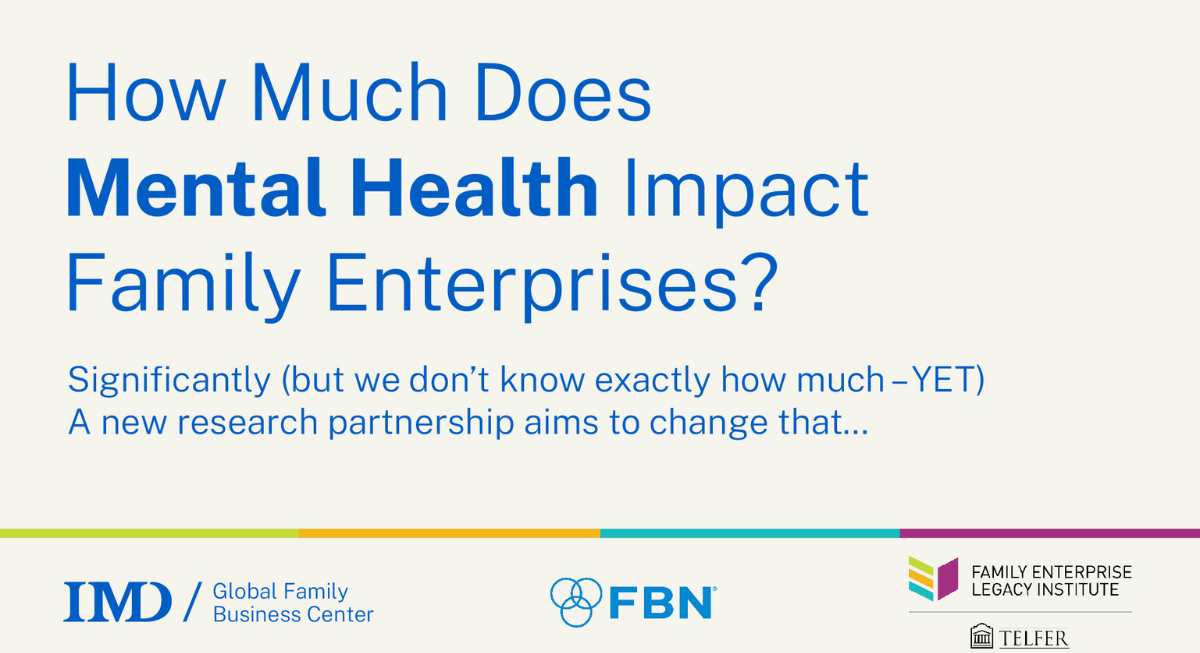A share repurchase occurs when a public company’s management decides to buy back company shares that were previously sold to the public. In many countries, firms are allowed to buy back their own shares in the stock market. There are several reasons why a company might decide to repurchase its shares, but given the record number of current repurchases, firms are now being criticized for using cash to repurchase stock rather than putting that cash to productive use. According to Lazonick, Sakinc, and Hopkins (2020), share repurchases do not contribute to the productive capabilities of a firm, and such distributions to stakeholders negatively affect the growth dynamic that connects productivity to labour force pay. They further note that share repurchases could result in increased income inequity and employment instability.
What is this research project about?

Telfer Professor Ali Akyol has received a Social Sciences and Humanities Research Council Insight Grant to study the strategic use of share repurchases. The project aims to better understand the dynamic nature of share repurchases to determine when and how firms might use them to respond to labour-related events.
Employment instability is a huge problem for labour. Studies on the human costs of unemployment report that, in addition to lost income, employees face stress, anxiety, poor health outcomes and malnutrition. If a firm adopts conservative financial policies, it can reduce the likelihood of layoffs and the costs to labour associated with unemployment, but repurchasing shares changes a firm’s leverage and its capital structure, making such policies more difficult to implement. Given the recent criticism of share repurchases and their implications for labour, and despite the vast range of literature on repurchases, Professor Akyol’s research highlights that little is known about how labour-related events shape a firm’s decision to repurchase shares, and the extent to which firms are using share repurchases to benefit their employees, or not.
How is this research contributing to a more strategic use of share repurchases?
Professor Akyol noted that very little research exists on the link between share repurchases and labour-related events. The work that has been done so far (using annual stock repurchases estimated with data from the Compustat database) indicates that firms either decrease or increase repurchases in response to some specific labour events. However, rather than using the Compustat database to create estimates of firms’ repurchase activities, Professor Akyol and his research team will be extracting data directly from corporate filings to create a novel dataset of actual monthly repurchase activities.
Who will benefit from this research?
This research will provide empirical results and bolster theories on how firms take corporate decisions and use repurchases in their relationship with labour. The pandemic demonstrated the challenges that labour faces and how labour and firms are interconnected. Professor Akyol’s research will contribute to the growing list of studies that examine policy-relevant questions that greatly affect societies. Finally, the study will provide insights that are relevant to both firms and policy makers, and the results could help craft future policies that might, for example, require firms to consider the wellbeing of their employees when taking decisions.











